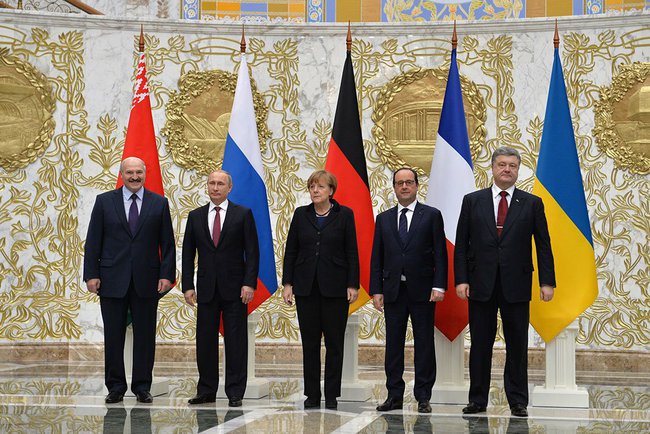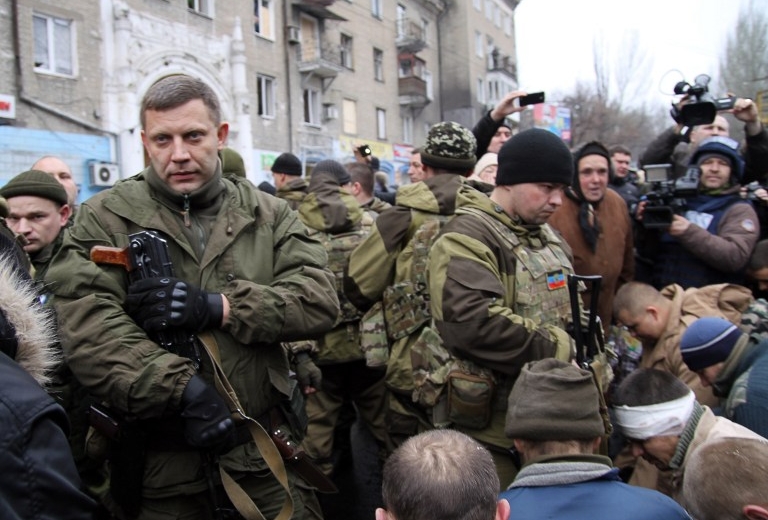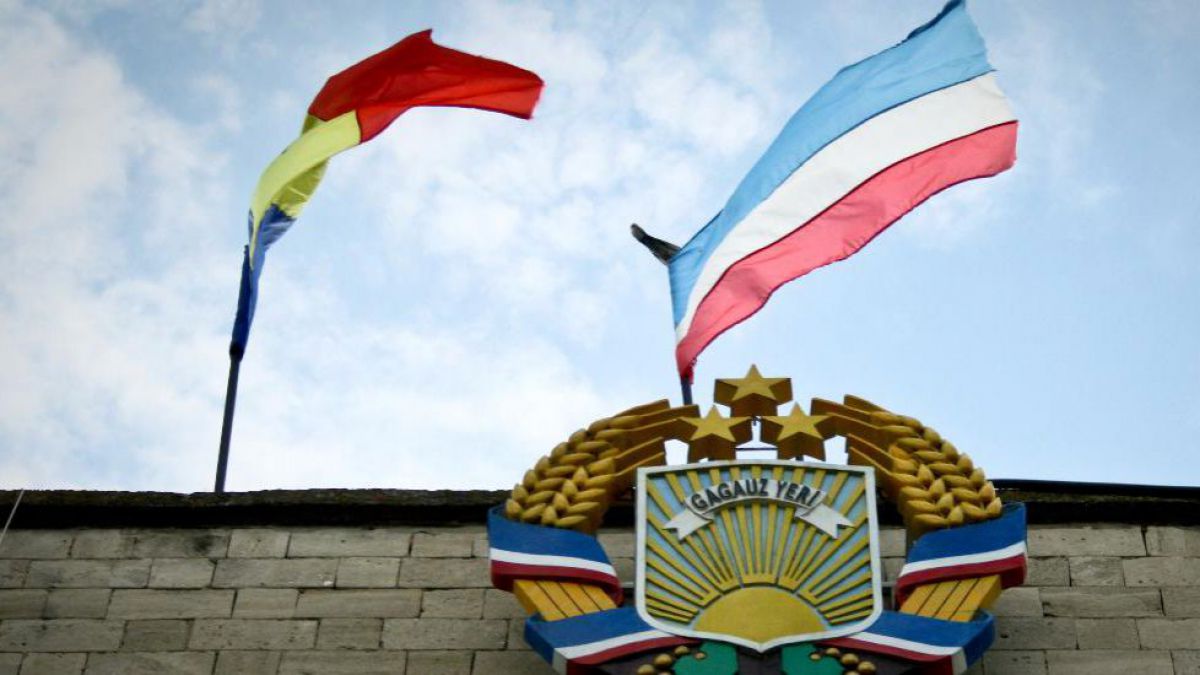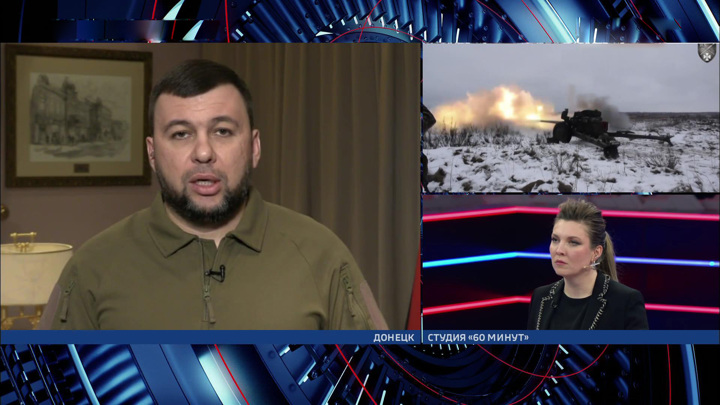The ratification of a new law - “On the special order of local self-government in some areas of Donetsk and Luhansk Oblasts” - would transform Russian aggression and invasion into an “internal Ukrainian conflict”.
In my opinion, Chairman of the Verkhovna Rada, Dmytro Razumkov has proposed a very dangerous initiative - the ratification of a new law on the special status of the occupied territories of Donetsk and Luhansk Oblasts (ORDLO). What I read in the new text is a de facto legal admission of Russia’s control over the currently occupied parts of the Donbas.
First, the law currently in force makes it clear that local elections in ORDLO will take place only after control of Ukrainian-Russian borders in those occupied areas is returned to the authority of Kyiv. This principle has been removed in the new bill, thus permitting Moscow to reintegrate Donbas into Ukraine according to its own agenda.
Second, there are rumours about making “compromises” through mutual agreement on the wording of the text with representatives of the terrorist “LNR/DNR”, all under the auspices of the Trilateral Contact Group. In fact, Vadym Prystaiko, Minister of External Affairs of Ukraine, announced that points of the new law regarding the special status of the Donbas will be discussed and agreed upon together with “DNR” and “LNR” representatives during the Minsk Trilateral Contact Group meeting:
“The Minsk protocol contains an article to the effect that all protocols must include the other side - ORDLO. The only mechanism for agreement with that side is the Trilateral Contact Group.” he explained.
Russia’s main demand is to have this new bill passed in order to legally change the status of the conflict from “international military aggression” into a pseudo “internal Ukrainian conflict.” In fact, all these years, Moscow has been trying to force Kyiv to the same table for talks with the so-called “DNR/LNR”.
Further, one of the requirements of the new law on special status would be an amnesty for the so-called “DNR/LNR combatants”, insisted upon by Russia, and which had never been considered before. I am convinced that the new version of the bill will be “pushed through”, and the decision to create a so-called “Working Group” on dispute resolution will be ratified. This would mean the realization of Russia’s plans, according to which the first order of business would be local elections within the occupied territories. Next, “special status” for ORDLO would be enshrined in the Ukrainian Constitution, effectively nullifying the integrity of Ukraine. Only then would Russian military personnel withdraw, and only then would control of the occupied sections of the Ukrainian-Russian border be potentially returned to Kyiv.
It is also important to emphasize that, contrary to Razumkov’s assertion, there is no pressure to ratify a new law before the current document expires on December 31, 2019, because there is a mechanism in the existing law that allows it to be extended for one more year. A complete nullification of the law on the special status of ORDLO would only be beneficial in a specific scenario of Ukraine’s exit from the Minsk protocol and exclusive adherence to the “Normandy Four Format”. I don’t anticipate such an occurrence inasmuch as the word from Bankivska Street (location of the Presidential Office-Ed) is repeated reassurance about the “dependable course we’re on with Minsk, and our search for an exclusively diplomatic means to bringing the war to an end”.
The Paris Normandy Four summit, scheduled for December 9, represents another great threat to Ukraine. I cannot exclude the possibility of an adoption of a resolution during the meetings, a legal strengthening of the “Steinmeier Formula’, and the ratification of a new law on the special status of ORDLO. Thus, Ukraine would be transformed into a federation; this is, indeed, the greatest danger posed by the Normandy meeting and future actions of the Ukrainian government.

Putin has recently made it clear that the most important topic of the Normandy Four meetings is the special status of the Donbas. According to him, if an appropriate law satisfying the demands of the unrecognized “republics” is not adopted, the talks could be derailed and the “Steinmeier Formula” would not be of any help.
It is a telling sign that the question of the special status of the Donbas will be decided by the ratification of a new law and not by the extension of an existing law.
VR Chairman Dmytro Razumov has indicated that the Verkhovna Rada is prepared to adopt a new law on the special status of ORDLO within a very strict timeline, after the Normandy Four summit. Razumkov hopes that the Ukrainian Parliament, the Office of the President, and Ukrainian society will be ready to introduce a new law on the special status of certain territories of Donetsk and Luhansk Oblasts by December 20. He believes that this process will be accompanied by widespread discussions within society and the “red lines” in the new law will remain unchanged.
Once again, I would like to underline the fact that the current law - “On features of local self-government in certain areas of Donetsk and Luhansk Oblasts (the so-called “special status”) - remains in effect until December 31, 2019.
The meeting of leaders of Ukraine, Germany, France, and the Russian Federation in the “Normandy Four format” is scheduled to take place on December 9 in Paris.
The term “Normandy Four format” stands for talks between the leaders of Ukraine, Germany, France and the Russian Federation, or representatives of these states, on ways of settling the war in Eastern Ukraine. There have been five summit meetings and 15 meetings of the top diplomats of these four countries’. The last meeting of the Normandy Four leaders took place in Berlin on October 19-20, 2016.





